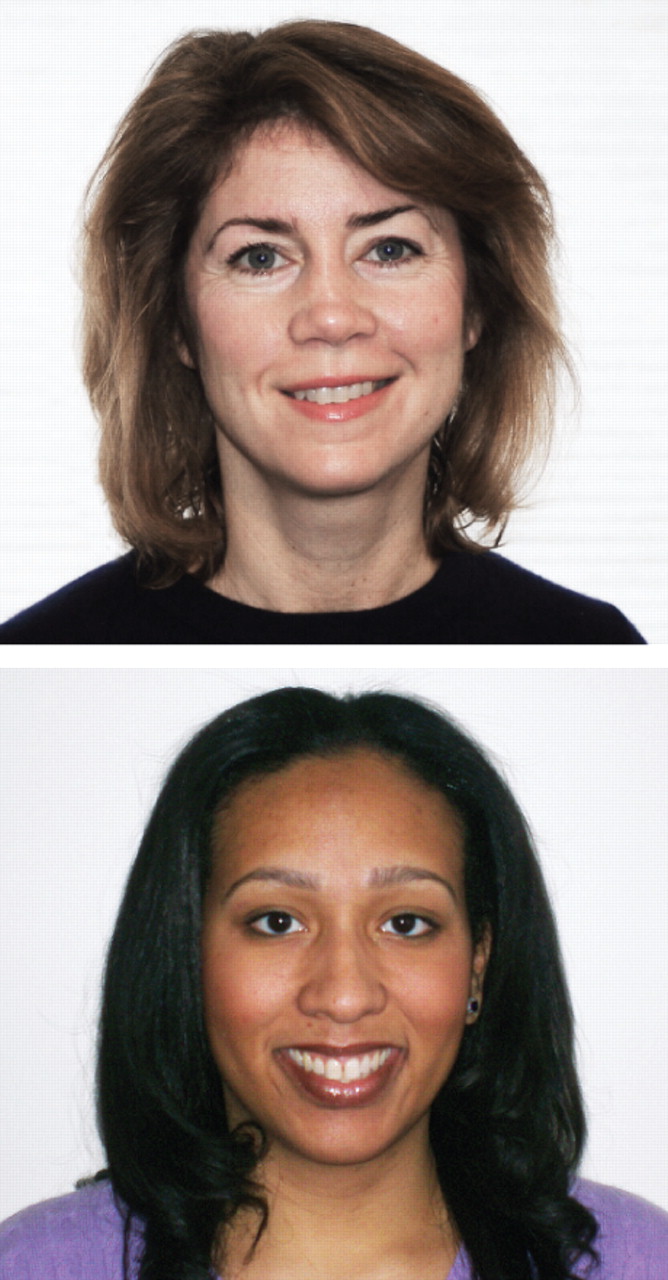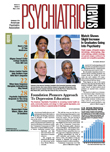April marks the one-year anniversary of the killing of 32 people at Virginia Tech by a single gunman, who reports later showed did not receive recommended care for psychiatric problems. The incident resulted in the tragic loss of many lives and also highlighted how college students with unmet mental health needs can matriculate without provisions for receiving adequate care.
Since the tragedy there has been an increased focus on mental health care on college campuses and a long-overdue dialogue on how to improve access to, identification of, and services for college students with mental health needs. With the demand for services growing, we encourage residents and early career psychiatrists to consider working with this population.
In the wake of the Virginia Tech killings, many programs are reorganizing their mental health services and making improvements on access to services. To understand how one program is continuing to develop its mental health clinic, we interviewed staff and toured the health center at the University of Maryland, College Park.
The university has a separate mental health clinic, which is directed by psychiatrist Marta Hopkinson, M.D. At that campus, with a student population of more than 35,000, the mental health clinic sees about 1,600 students a year for a combination of both psychotherapy and medication management, with approximately 1,300 additional students receiving care at a separate counseling center.
The number of students seeking care has increased steadily over recent years, with the clinic seeing about 200 more patients in the 2006-2007 academic year and having more than 1,000 additional clinic visits than in the 2005-2006 academic year. The clinic employs two full-time and two part-time psychiatrists, and they are currently seeing as many patients as they can.
Dr. Hopkinson noted that demand quickly meets any increase in the services available and that the staff is aware that there are students who are not receiving services but who need them.
She pointed out as well that since the Virginia Tech incident, there has been an increase in the number of requests for evaluations. What has changed is that the requests are now being made by family members, roommates, and faculty, which was rarely the case before. The tragedy in Virginia has helped the college community overcome its hesitancy to get involved when someone needs help, and there has been a realization that everyone must play a role in keeping a campus safe.
Dr. Hopkinson emphasized the need to do more educating about what mental illness is, how to know when you need help, and how to access care when you need it.
To address these needs, the clinic received funding from the federal Substance Abuse and Mental Health Services Administration to launch a new initiative titled Suicide Awareness Health Education Training. This initiative will provide on-campus training for students and faculty to help them identify signs of depression and anxiety. The initiative will also involve a public-health campaign to address mental illness stigma. The campaign's slogan will be “Seeking help is a sign of strength.”
The university is making substantial efforts to encourage students to identify and refer peers who may need services at the mental health clinic. This year the clinic staff is attempting to make information sharing more seamless while still being in compliance with both the Health Insurance Portability and Accountability Act (HIPAA) and the Family Educational Rights and Privacy Act (FERPA).
At the clinic the staff is moving toward more of a community mental health model that is similar to case management. Dr. Hopkinson pointed out that while the majority of mentally ill individuals do not, of course, become violent, without appropriate mental health services being offered on campus, students who need those services and do not pursue them may not be living up to their full potential. She also noted that the number of students who have to leave the university for mental health reasons is increasing, and improving their re-entry process is very important.
While there are frustrations in working to provide the best care possible for the students at the University of Maryland, Dr. Hopkinson said that she greatly enjoys her work. College-age students have a lot of potential, and most of them have good outcomes, she noted.
As for a career in the area of college mental health, she emphasized that the college setting also provides for lots of therapy experience with high-functioning patients and presents many opportunities to diagnose patients at the onset of their illness. She noted as well that it is a great way to gain considerable experience with adolescents, which most residents do not get during training. Ultimately, mental health clinics on college campuses are a rich setting in which to practice psychiatry and should be considered as a possible career path by more psychiatrists. ▪

